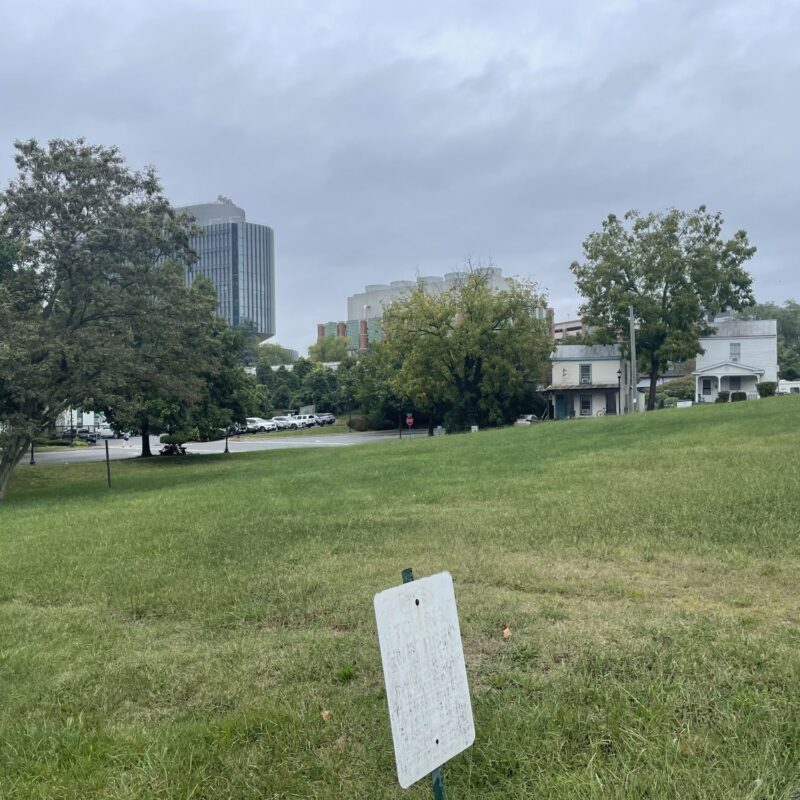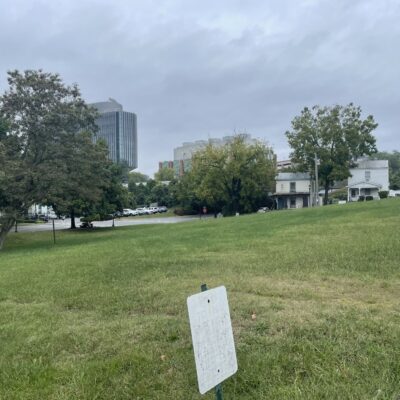Dena Bowers’ lawsuit against her former employer, UVA, is now in the hands of the U.S. Court of Appeals Fourth Circuit. On March 19 in Richmond, attorneys involved in the case presented oral arguments to a panel of three judges, who are expected to issue a ruling in two to six months.
Dena Bowers, a former recruiter in the University’s personnel department, was fired in late 2005 after a message, sent from her work e-mail account with attachments from the NAACP, was widely distributed among UVA staff. The attachments were critical of potential changes to the University’s pay scale as a result of the chartered restructuring plan that it was considering at the time. Restructuring legislation passed in July 2006.
 Dena Bowers is suing the University for firing her in 2005. |
| Previous coverage:
Bowers’ attorney must pay UVA "I can’t say I don’t get some pleasure out of mixing it up" Dena Bowers’ appeal set for January Congrats: You’ve been reassigned! Whose e-mail is it, anyway? Office e-mail: what’s the deal? Judge hears arguments in Bowers case Bowers will reveal co-critics Court hears argument to dismiss in Bowers case Bowers case to move into federal court Terminated employee files suit |
Bowers’ lawsuit alleges that UVA violated her First Amendment rights by firing her in retaliation against the statements found in the attachments to her e-mail. It also alleges that she was not given proper due process when she was not told of the charges against her before she was fired. The University denies that she was fired for sending the e-mail.
In March 2007, U.S. District Court Judge Norman K. Moon stripped the case of nearly all the First Amendment claims. The only charge remaining for Bowers’ attorney, Deborah Wyatt, to pursue was whether Bowers had the opportunity to speak on the day of her firing. Calling this the least important of the claims against UVA, Wyatt filed an appeal to pursue the dropped claims with the Court of Appeals.
Wyatt declined to comment on the oral arguments.
After the case was moved to the higher court, the University sought sanctions against Wyatt. Sanctions are used to punish abuse of the judicial process. UVA attorneys argued that Wyatt had submitted reams and reams of motions and evidence in bad faith and that Wyatt’s courtroom behavior was equivalent to a “legal temper tantrum.” Magistrate Judge James G. Welsh awarded UVA legal fees of $4,150. Wyatt is appealing that ruling.
C-VILLE welcomes news tips from readers. Send them to news@c-ville.com.





